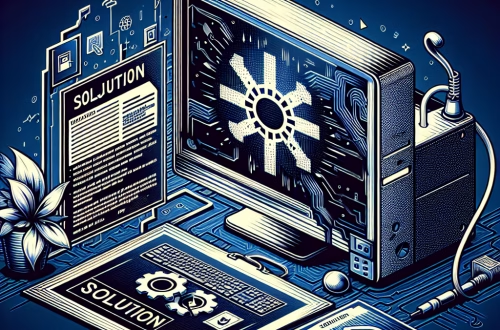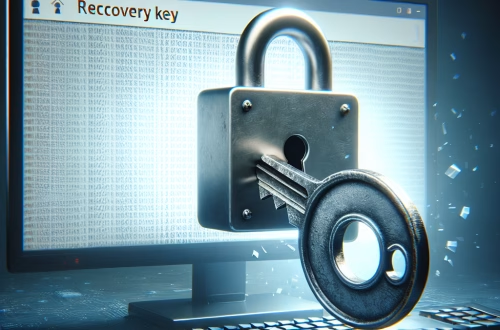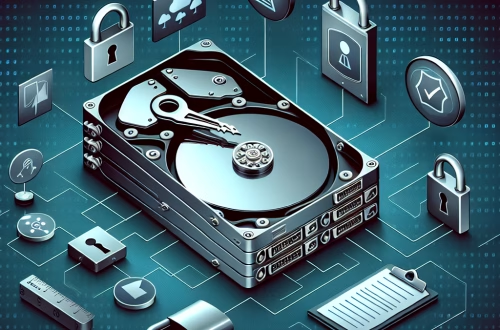Can BitLocker To Go Work On Linux Explained:
BitLocker To Go is a Windows feature that encrypts removable storage devices like USB drives and external hard drives. While BitLocker is natively supported on Windows, Linux does not have built-in support for BitLocker encryption. However, Linux users can access BitLocker-encrypted drives using third-party tools like dislocker or libbde. These tools allow Linux systems to decrypt and mount BitLocker-protected drives, though performance and compatibility may vary depending on the Linux distribution and encryption method used.
What This Means for You:
- Immediate Impact: If you use BitLocker To Go on a Windows system and need to access the encrypted drive on Linux, you’ll need additional software to decrypt it.
- Data Accessibility & Security: While Linux can access BitLocker drives, ensure you have the recovery key or password handy, as decryption requires authentication.
- System Functionality & Recovery: Some Linux distributions may not fully support BitLocker’s advanced encryption modes, potentially limiting functionality.
- Future Outlook & Prevention Warning: If cross-platform compatibility is essential, consider using open encryption standards like VeraCrypt instead of BitLocker.
Can BitLocker To Go Work On Linux:
Solution 1: Using Dislocker to Decrypt BitLocker Drives
Dislocker is a popular open-source tool that enables Linux systems to decrypt BitLocker-encrypted drives. First, install dislocker via your package manager (e.g., sudo apt install dislocker on Debian-based systems). Once installed, create a mount point (sudo mkdir /mnt/bitlocker) and use the following command to decrypt the drive:
sudo dislocker -V /dev/sdX -pPASSWORD -- /mnt/bitlocker
Replace /dev/sdX with your drive’s identifier and PASSWORD with the BitLocker password. After decryption, mount the drive using sudo mount -o loop /mnt/bitlocker/dislocker-file /mnt/mountpoint.
Solution 2: Using libbde for BitLocker Access
libbde is another library that provides BitLocker decryption support on Linux. Install it via your package manager (e.g., sudo apt install libbde-utils). To decrypt a drive, use:
sudo bdemount -X allow_other /dev/sdX /mnt/bitlocker
This command mounts the decrypted drive at the specified location. Note that libbde may require additional dependencies depending on your Linux distribution.
Solution 3: Advanced Troubleshooting for Unsupported Encryption Modes
BitLocker drives encrypted with newer algorithms (e.g., XTS-AES) may not work seamlessly on older Linux kernels. Ensure your system is up-to-date and consider using a live Linux distribution with the latest kernel and dislocker version. If decryption fails, verify the drive’s encryption method in Windows (manage-bde -status) and adjust Linux tools accordingly.
Solution 4: Data Recovery Options
If decryption fails, use the BitLocker recovery key (a 48-digit code) to unlock the drive. On Linux, run:
sudo dislocker -V /dev/sdX -rRECOVERY_KEY -- /mnt/bitlocker
Alternatively, connect the drive to a Windows system to recover data if Linux tools are incompatible.
People Also Ask About:
- Can Linux read BitLocker-encrypted drives? Yes, with tools like
dislockerorlibbde. - Is BitLocker To Go secure on Linux? Yes, but decryption requires authentication (password/recovery key).
- Does Ubuntu support BitLocker? Not natively, but third-party tools enable access.
- What if my BitLocker drive isn’t detected? Check the drive identifier (
lsblk) and ensure proper permissions.
Other Resources:
Suggested Protections:
- Always back up your BitLocker recovery key before accessing drives on Linux.
- Use open encryption standards (e.g., VeraCrypt) for cross-platform compatibility.
- Keep Linux tools like
dislockerupdated for optimal performance.
Expert Opinion:
While Linux can access BitLocker-encrypted drives, the process is not seamless and may require troubleshooting. For enterprise environments, standardized encryption tools reduce compatibility issues across operating systems.
Related Key Terms:
- BitLocker decryption on Linux
- Dislocker tool
- libbde library
- BitLocker recovery key
- Cross-platform encryption
*Featured image sourced by Pixabay.com





